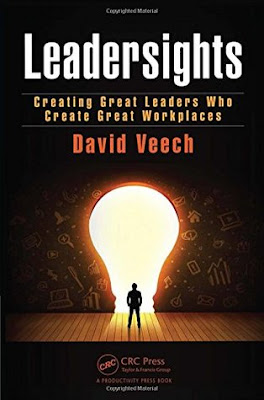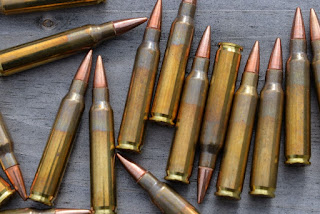LONG READ: Spine tingling art and Hume? Yep.

Image: ScreenGeek For many centuries people have had an appetite for spine-tingling narrative art. Some of which brings about pain and aims to stimulate negatively charged emotions. As such, it becomes perplexing as to why it is acceptable for people to deliberately seek experiences through art which can, among other apparently negative responses, shock, sadden and frighten. Rational thinking dictates that people would steer clear of such experiences in their day to day lives. Yet, they actively seek out said experiences through artworks. Therein holds the paradox of painful art. David Hume’s solution to the paradox of painful art offers that pain is converted into pleasure. This essay disagrees. To defend this, a number of flaws will be exploited and discussed in order to prove that Hume does not resolve the paradox. Ultimately this essay will convey that the problem is multifaceted and complex, and requires far more than his broad explanation to the problem. In philoso




